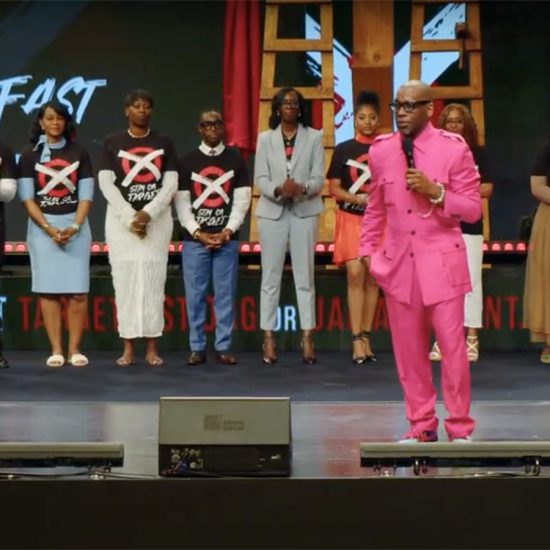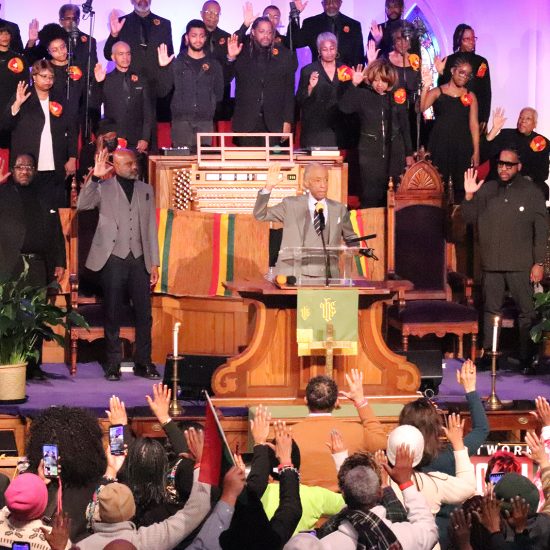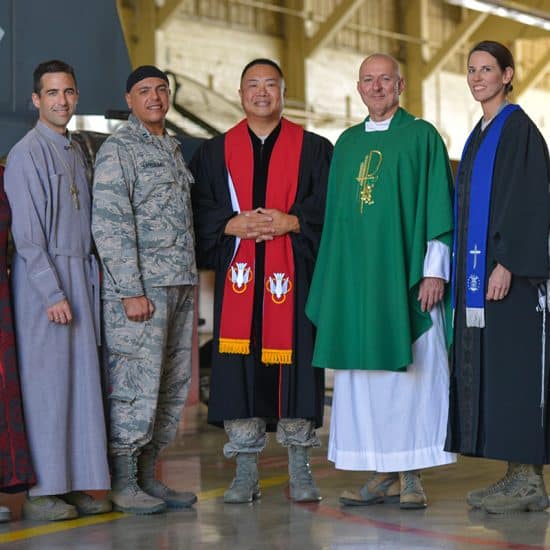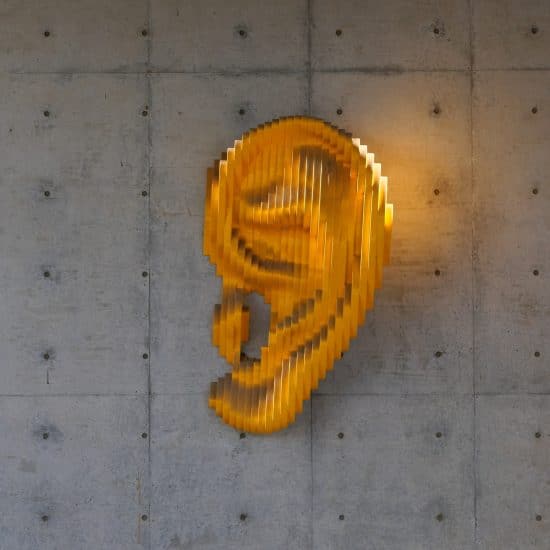Could it be that we have some things to learn from outsiders?
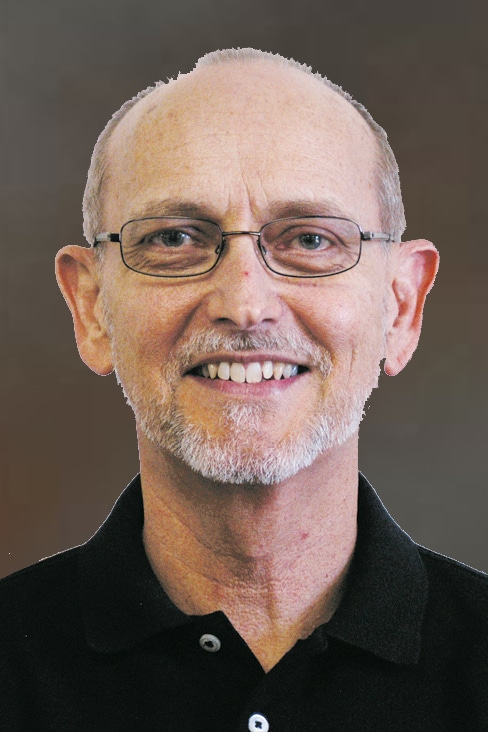 Doyle SagerMy acting experience is pretty limited. Besides a couple of high school plays, my only claim to fame is the role of a wise man during Maple Grove Baptist Church’s Christmas pageant (and I’m not sure I should call it a claim to fame, since I was only about 8 years old and my mother forced me to wear that ridiculous bath robe and towel-turban).
Doyle SagerMy acting experience is pretty limited. Besides a couple of high school plays, my only claim to fame is the role of a wise man during Maple Grove Baptist Church’s Christmas pageant (and I’m not sure I should call it a claim to fame, since I was only about 8 years old and my mother forced me to wear that ridiculous bath robe and towel-turban).
I don’t remember any of the lines from that long-ago church program, but I can guarantee you one thing which was not said out loud in our little Baptist church: the magi were not Jewish.
Many scholars believe they were Persian (read: Iranian) priests who possibly adhered to the religion of Zoroastrianism.
Someone push the pause button!
Am I saying that non-believers, outsiders, people not like us played a part in the greatest story ever told? Not only did they play a part. According to Matthew, they played a critical part, demonstrating shrewd political wisdom and keen spiritual discernment.
In other words, while God’s people barely noticed their king had arrived, a pagan entourage “got it.”
All of this invites the question: Could it be that we have some things to learn from outsiders?
We often talk about what God can teach us from those living in the center of our faith. What about taking some lessons from those who are hanging around faith’s circumference?
I was recently invited by one of our church’s adult Sunday School classes to teach a unit. Since they are kind and trusting, they let me choose the topic. I named the segment “Almost Persuaded: Learning From Those Barely Inside and Barely Outside the Faith.” I won’t dump the entire four-week curriculum on you, but here are some highlights:
• Early in his adult life, artist Vincent Van Gogh tried his hand at pastoring. It was a disaster. And it wasn’t all Van Gogh’s fault.
He was sincere. He attempted an incarnational presence. Since he was serving as pastor in a coal mining community, he decided to move out of his comfortable home and live among his people. His move was complicated, no doubt, by the young parson’s bouts with mental illness. Church officials did not quite know what to do with his ascetic approach, and Van Gogh’s tenure was short-lived.
Still, one wonders. What if the church had been curious enough to explore what the scriptures have to say about a contextualized ministry? What if they had been more sensitive to the needs of their pastor? What if they had asked the Holy Spirit to teach them about mental illness?
What could pastor and church both have learned together about giftedness, vocation and a good pastor-congregation fit?
• We also studied Gandhi’s life-shaping encounter with the Sermon on the Mount (Matthew 5-7). He was always baffled as to why followers of Jesus never took these teachings seriously. Even though he never avowed faith in Christ (in any orthodox way), Gandhi lived these teachings of Christ in radical ways that changed the world.
• I saved Paul David Hewson for the last week of my class. You know him better as Bono, singer and songwriter for U2. Is he unorthodox? Yes. Is he edgy? For sure. Can you always quote him verbatim from the pulpit? I wouldn’t recommend it!
And yet, he confesses Jesus Christ as Lord. He unashamedly talks with reporters about his prayer life. And he has put his money where his mouth is, leading the way in advocacy and philanthropy worldwide, especially in Africa.
Several years ago, Bono courageously called the Church out for its self-absorption and neglect of justice issues such as hunger, poverty and apartheid.
Back then, one could almost sense that he had written off the Church. But then, according to Bono, tragedy struck. The Church woke up! And, he says, that ruined it for him. He couldn’t hate the Church anymore!
Bono credits Pastor Bill Hybels with showing him the importance of the Church as a moral force and as a practical infrastructure for addressing global needs.
The magi, Van Gogh, Gandhi and Bono. Could they possibly embody what Dietrich Bonhoeffer called “religionless Christianity?”
I’m not sure. But I do know this: I’ve been in the faith so long, I sometimes need to be startled. And I am most often startled by those around the edges.
If some Persian priests who practiced another religion could find the King of the Jews while others missed him, perhaps we all need to practice a little more humility.
Doyle Sager is senior pastor of First Baptist Church of Jefferson City, Mo.


